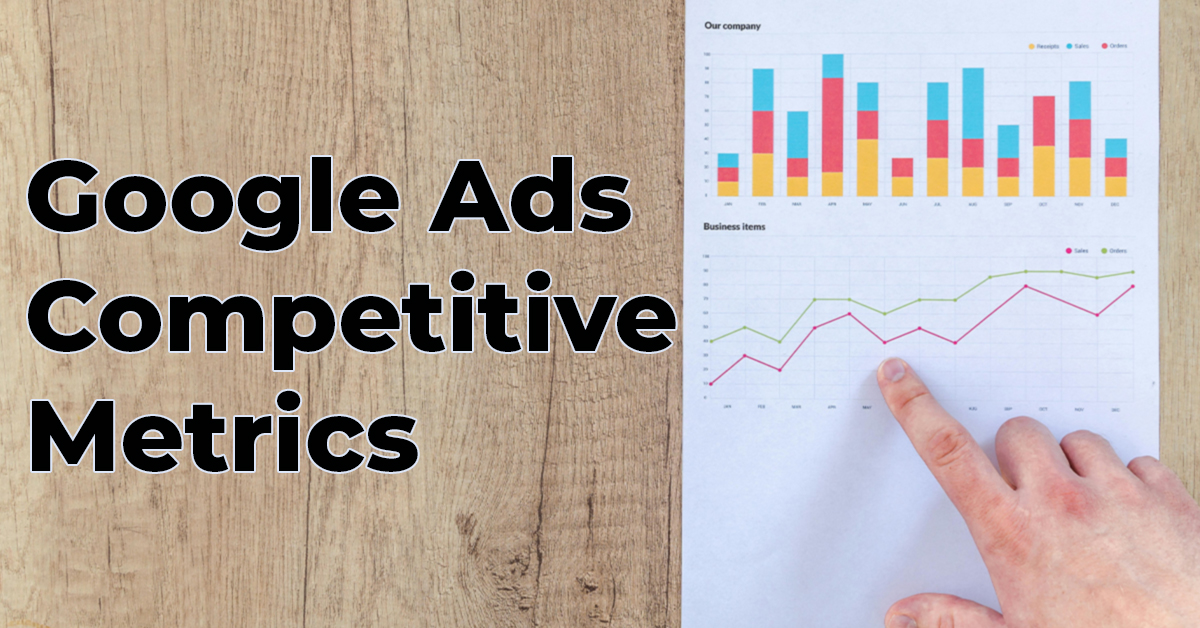Table of Contents
Intro
In the ever-evolving landscape of digital marketing, the ability to adapt and acquire new skills is not just an advantage, but a necessity. Amidst the myriad competencies that can amplify a digital marketer’s toolkit, one skill stands out for its impact on efficiency, problem-solving, and strategic insight: learning to code.
While traditionally seen as the domain of developers and IT professionals, the ability to code has become an invaluable skill for marketers navigating the digital terrain. This blog explores the benefits that coding skills offer to digital marketers, from gaining a deeper understanding of web mechanics to leveraging data for insightful decision-making.
Implement Robust Tracking Solutions for Web Analytics
Implementing robust tracking solutions is a cornerstone of effective web analytics, and it becomes increasingly efficient and tailored when you possess coding skills. By understanding and applying coding techniques, digital marketers can set up more sophisticated and accurate tracking mechanisms, enabling a deeper and more nuanced understanding of user behavior and campaign performance.
Custom Event Tracking
Understanding languages like JavaScript allows you to go beyond basic page view tracking and implement custom event tracking. This includes user interactions that aren’t automatically tracked. By coding custom events, you can gather specific data that’s crucial for understanding how users engage with your content and what drives conversions.
Cross-Domain Tracking
In scenarios where a business operates across multiple domains, cross-domain tracking becomes essential. Coding knowledge is necessary to accurately configure tracking systems like Google Analytics to follow user journeys across different domains, ensuring that the data collected is comprehensive and reliable.
Scalable Solutions
Large web analytics projects can be significantly easier to scale with coding knowledge. Understanding how to use regular expressions, custom variables and the dataLayer can significantly reduce the number of tags and triggers required for your implementation.
Privacy Compliance and Data Accuracy
With increasing concerns about user privacy and data regulations like GDPR, having the ability to code custom tracking setups ensures that you respect user privacy while still collecting valuable data. You can customize consent mechanisms and data collection processes to be compliant with various regulations.
Work with Large Data Sets
In the realm of digital marketing, the ability to work with large data sets is increasingly important for deriving actionable insights and making informed decisions. Proficiency in coding, particularly in languages like R, and familiarity with big data platforms like Google BigQuery, empowers digital marketers to handle and analyze complex data efficiently.
Leveraging R for Data Analysis
R is a powerful language for statistical computing and graphics. It excels in data analysis, visualization, and statistical modeling, making it an ideal tool for marketers dealing with large datasets. By using R, you can perform complex data manipulations, create advanced statistical models, and generate insightful visualizations.
Sophisticated Visualizations with ggplot2 (R package):
ggplot2 stands out for its ability to handle complex data visualizations in a relatively straightforward manner. It allows for the layering of data and aesthetics in a plot, making it possible to create multi-faceted graphs that can convey intricate data stories. For digital marketers, this means being able to illustrate trends, patterns, and relationships in data that might otherwise be difficult to discern.
Utilizing Google BigQuery for Big Data
Google BigQuery is a fully-managed enterprise data warehouse that enables super-fast SQL queries using the processing power of Google’s infrastructure. It’s designed to handle big data with ease. For digital marketers, BigQuery can be a game-changer, especially when dealing with vast amounts of data from various sources like website traffic, social media interactions, and CRM systems. With BigQuery, you can quickly analyze and derive insights from large datasets, enabling you to make data-driven decisions rapidly.
Identify Bottle Necks & Improving Them with Micro-Tools
Identifying and resolving bottlenecks is crucial for maintaining efficiency and productivity. Micro-tools, tailored, lightweight software solutions, play a pivotal role in addressing these specific challenges. Unlike full-blown SaaS (Software as a Service) applications, which often come with a broad range of features and a one-size-fits-all approach, micro-tools are designed to target and resolve very specific issues within a workflow.
Boosting Individual Productivity
For an individual digital marketer, micro-tools can be a game-changer in terms of personal productivity. These tools can automate mundane tasks, such as data formatting or routine report generation, allowing the marketer to focus on more strategic tasks.
Enhancing Team Efficiency
When it comes to team productivity, micro-tools can foster better collaboration and streamlined processes. For example, a custom tool that integrates with your team’s project management software could automatically add or update tasks based on predefined criteria. This dynamic workflow improves efficacy and reduces time spent managing tasks and projects.
Difference from Full-Blown SaaS Solutions
The key difference between micro-tools and full-blown SaaS applications lies in their scope and customization. Micro-tools are typically more focused, addressing a single or a small set of tasks. This specialization allows them to be more efficient and less cumbersome than larger SaaS solutions, which may include many features that are not relevant to the specific needs of a team or individual. The learning curve for creating such tools is much shorter and you are able to go from concept to production in a much quicker timeframe.
Understand & Implement Technical SEO
Grasping technical SEO is an important part of a digital marketer’s skillset, and learning to code, especially front-end languages like HTML, CSS, and JavaScript, is an important step in learning this skillset. Technical SEO focuses on optimizing the structure of a website to enhance its ranking in search engine results. By understanding coding, you can directly influence and implement crucial technical SEO changes.
HTML and Site Structure
HTML forms the backbone of any website. Knowledge of HTML is essential for optimizing elements like meta tags, headers (H1, H2, etc.), and alt texts for images, which are crucial for SEO. Correctly structured HTML helps search engines understand the content hierarchy and relevance of your website, thereby improving its visibility.
CSS and Page Layout
CSS controls the visual presentation of a website. A well-designed page layout, achieved through CSS, not only enhances user experience but also affects SEO. Search engines favor websites that provide a good user experience, which includes a visually appealing and easy-to-navigate interface. Understanding CSS allows you to create layouts that are both user and SEO-friendly.
JavaScript and Website Interactivity
JavaScript adds interactivity to web pages. However, excessive or improper use of JavaScript can hinder a site’s SEO performance. Learning JavaScript helps you understand how to use it effectively without impacting the website’s search engine visibility. The Digital Expanse website Is built using Astro & Netlify and utilises server side rendering for optimal SEO performance.
Wrapping up
As a digital marketer, expanding your skill set to include programming languages like JavaScript, R, and SQL can greatly enhance your capabilities and efficiency. However, it’s important to recognize that these are just a few of the many tools available, and other languages can also achieve similar results. Whatever language you choose, we hope this article helps to inspire your coding journey.
We would highly recommend starting with R if you are interested in analytics and visualisation. R4beginners is an excellent free resource to start your journey.


